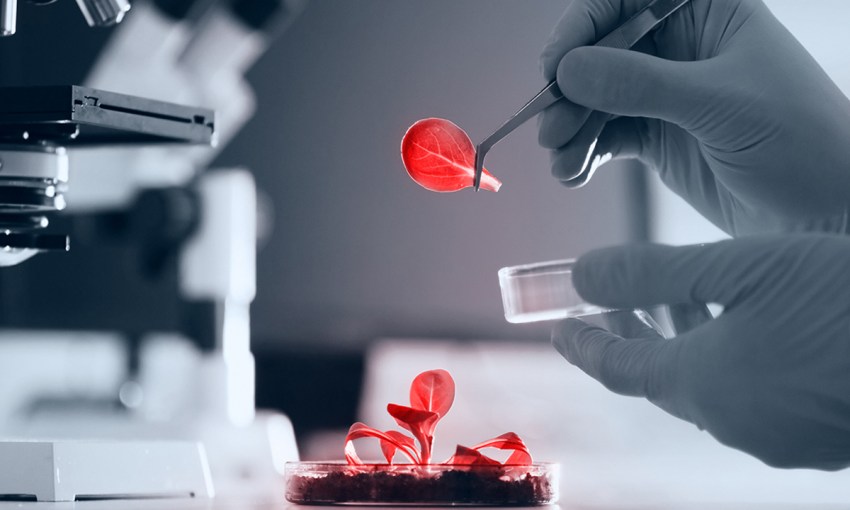There’s a lot to be said for getting out of your sphere of knowledge and into someone else’s.
Connecting the dots with Research Tuesdays
To quote Tess McGill from the ’80s classic Working Girl, “I read a lot of things. You never know where the big ideas could come from”.
It is a state of mind we would all be wise to cultivate.
Research Tuesdays
5:30pm Tuesday, 14 June
The Braggs Building, University of Adelaide
Victoria Drive, Adelaide 5000
FREE—Book your spot
Peter Drucker, one of the founders of modern business education, wrote about the discipline of innovation. Among the seven sources of innovation, he identified ‘new knowledge’. This pulling together of existing knowledge and capabilities from across and within disciplines is essentially what Tess was talking about. Most notably, the computer was born this way.
So, if you are up for some fresh thinking to spark your own ideas, Research Tuesdays should be a fixture on your after-work calendar.
This is when the University of Adelaide presents the latest research being undertaken within its walls.
For entrepreneurs and people working in business and government, the monthly event presents a chance to explore beyond their individual spheres, drink in new knowledge and wonder what else is possible. What as yet unimagined opportunities could be within grasp? What could new collaborations unleash? It’s a monthly dose of creative thinking, if you will.
This coming Research Tuesdays event will explore ‘Plant Power’, with professors Rachel Burton, Kerry Wilkinson and Rachel Ankeny.
Burton heads up the Department of Food Science at the University of Adelaide. She and her team are researching food sources that are not yet a staple of the Australian diet – some currently have a toehold at the periphery, while others make take more persuading. They are also enthusiastically investigating other uses for plants, such as sustainable materials and fuels.
Among the crops they are growing at the Waite Institute are agave, hemp and plantago, the source of psyllium.
“We’re very interested in crops that are unusual and are not the sort of run-of-the-mill, European hangover ones that we brought over and grow in Australia,” says Burton.
“We’re interested in ones that are more sustainable, more suited to the climate and the landscape. And crops that we can use for multiple uses.”
Her team’s research spans introduced and native species. Suitability means low water needs, fire-resistance and pest-resistance. But there is more to the research.
“When you talk about food security, it’s not just how much food you grow. It’s the quality and the nutrient level of the food as well, which is important,” she explains.
“For example, hemp seed is extremely good source of protein and oil. And the oil has a really good omega three to omega six ratio, so those hemp seeds pack a really good nutritional punch.”
During recent experiments, the team was surprised by how little water hemp needed to grow – an amount that would cause cereal crops to wither and die. Burton says translating this information into the field is important, as water becomes a scarce resource globally.
She advocates for maximising plant resources, using the nose-to-tail analogy beloved by chefs. She calls it “root-to-shoot” and points to some of the non-food opportunities being hempcrete and biodegradable plastics.
Another opportunity is the use of plant waste as food for insects, which in turn can be consumed by humans. Burton predicts this new food source will become mainstream within the next decade.
“Go into any Woolworths or Coles and you can buy burgers and meats, and all those things made out of plant proteins,” Burton says.
“If we can encourage people to be a bit more adventurous, I think insect protein will start creeping in.”
It is a brave new world and it is coming soon.
Research Tuesdays are held on the second Tuesday of every month at the University of Adelaide in the Braggs Building, off Victoria Drive.
Doors open at 5.10pm for a 5.30pm start. The event is also live streamed via Zoom webinar. And you can hang around for the in-room and Zoom Q&A afterwards.




